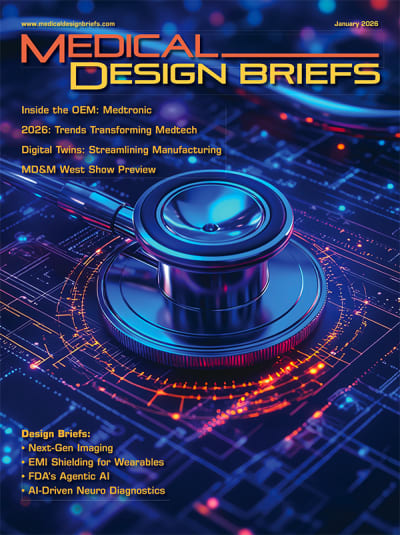Research has shown that music has a profound effect on the human body and psyche. The practice of music therapy is based on well-researched clinical and empirical evidence. There is evidence-based proof that music can aid in many different areas, such as pain management, depression, and anxiety. Scientific studies show that music can actually stimulate the activity of the brain and that lullabies are soothing, rhythmic stimuli that help with the organization of the brain. Music has been shown to produce a calming experience for infants in the NICU, allowing them to return to quiet sleep more quickly following stressful medical procedures.

Non-nutritive sucking is an essential life skill that helps newborn infants feed, breathe, comfort themselves, and grow, both physically and neurologically. But pre-term babies leave fetal gestation too soon to reach this critical developmental milestone.
The development of non-nutritive sucking begins at for fetuses at 28 weeks, but continues to develop through weeks 32 to 34. When babies are born pre-term, this development is abruptly stopped. The survival of premature babies relies upon them being taught how to suck productively and develop the breathe-suck-swallow reflex outside of the womb.
A new device is using the power of music therapy to teach premature babies how to develop this crucial skill. The device, known as the Pacifier Activated Lullaby (PAL®), is based on technology born out of research conducted at the Florida State University by Jayne Standley, Ph.D. An FSU faculty member since 1976, Dr. Standley is recognized throughout the United States as the foremost authority on medical music therapy. Researching the effect of music on premature babies, or “preemies,” she found that they increased their sucking rates 2.5 times when exposed to music, thus helping to increase their weight.
How it Works
Aimed specifically at addressing a long-standing problem among premature infants — delayed proficiencies in learning to suck — Standley’s musical pacifier has demonstrated promising results in repeated tests done at Tallahassee Memorial Hospital. PAL uses a specially wired pacifier and speaker to provide musical reinforcement every time a baby sucks on it correctly. The musical lullabies are gentle and pleasant to the baby, making them want to continue the sucking motion so they can hear more of the lullaby. Standley’s work with preemies also led to the establishment of most of the music protocols used in hospital neonatal units today.
“Unlike full-term infants, very premature babies come into the world lacking the neurologic ability to coordinate a suck/swallow/breathe response for oral feeding,” said Standley. “The longer it takes them to learn this essential skill, the further behind in the growth process they fall. PAL uses musical lullaby reinforcement to speed this process up, helping them feed sooner and leave the hospital sooner.”
Clinical studies conducted by Standley at Tallahassee Memorial Hospital (TMH), University of Georgia Hospital in Athens, University of North Carolina Medical Center in Chapel Hill, and Women’s and Children’s Hospital in Baton Rouge, LA, have shown that infants will increase their sucking rates up to 2.5 times more than infants not exposed to the musical reinforcement.
“It’s amazing to watch how much quicker our babies are able to learn the sucking motion after they have used PAL,” said Terry Stevens, a neonatal intensive-care unit (NICU) nurse at TMH. “They are ready to eat sooner, they go home from the hospital earlier, they tolerate their feedings better; it’s just a phenomenal improvement overall.”
Where it Stands
Florida State University announced the availability of a new medical device that uses musical lullabies to help premature babies overcome one of their greatest growth hurdles.
Originally envisioned by Standley more than a decade ago, PAL has undergone extensive testing, received a U.S. patent, and been approved by the Food and Drug Administration. Recognizing the significant health and economic benefits of PAL, Powers Device Technologies (Saint Johns, FL) obtained the distribution and marketing rights and has launched a worldwide sales initiative.
More Information
To learn more about the PAL, visit http://info.hotims.com/40436-177 . To watch the video of PAL on Tech Briefs TV, visit www.techbriefs.com/tv/pacifier.



